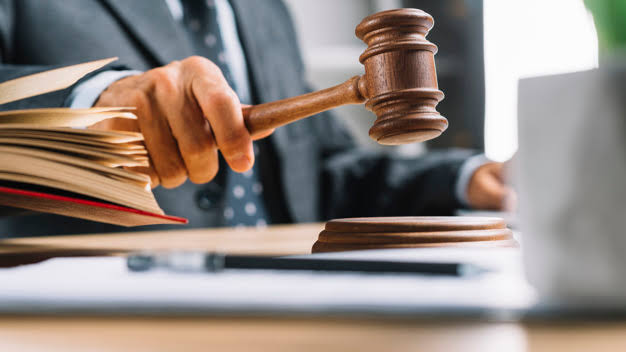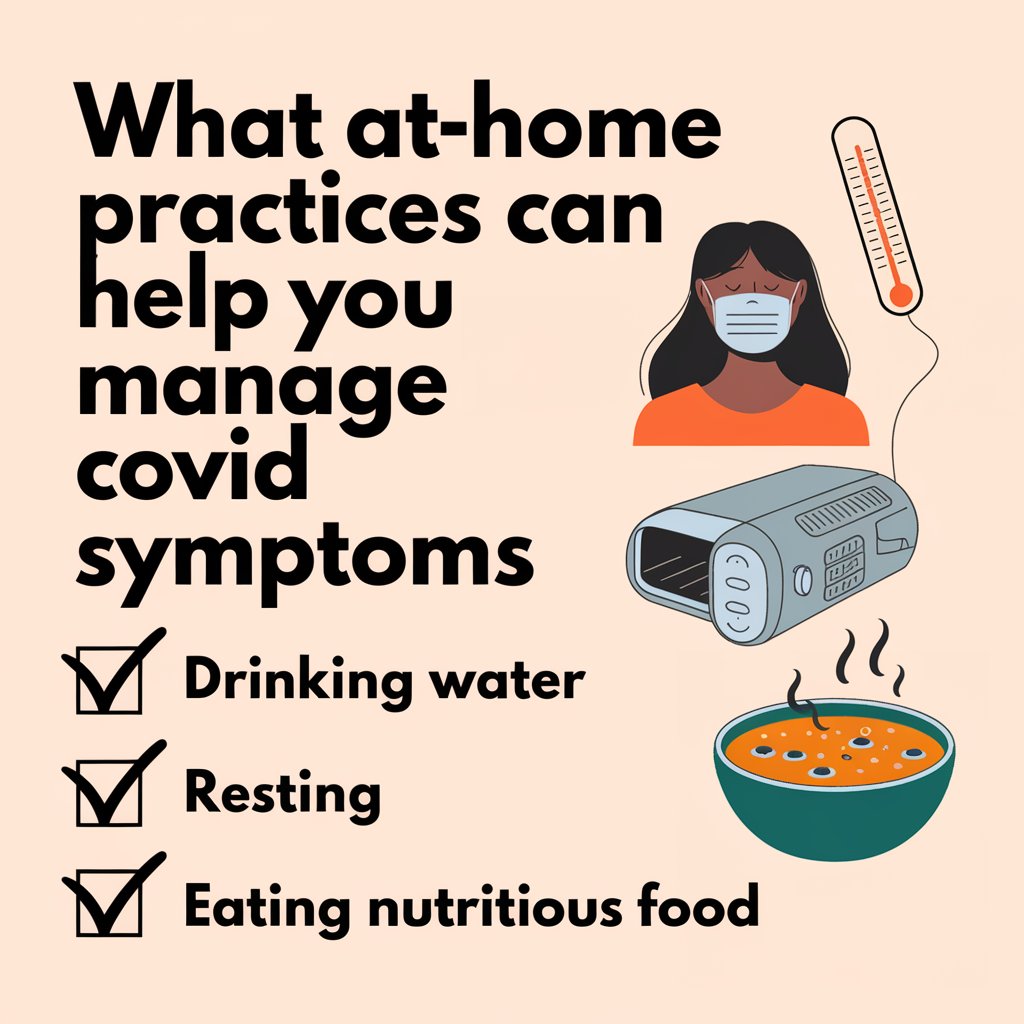Dealing with harassment, whether in the workplace, in public, or even within personal relationships, can be an overwhelming experience. It not only affects your mental and emotional well-being but can also have significant legal implications. In Brampton, a harassment lawyer can provide the necessary legal support and guidance to help you navigate this difficult time.
This article will explore what a harassment lawyer does, the types of harassment cases they handle, and how to choose the right lawyer in Brampton to represent you.
What is Harassment?
Harassment refers to any unwelcome behavior that demeans, humiliates, or embarrasses a person. It can take various forms, including verbal, physical, and psychological abuse. Understanding the types of harassment is essential when seeking legal help.
1. Workplace Harassment
Workplace harassment is one of the most common forms of harassment. It includes any unwelcome behavior from colleagues, superiors, or even clients that creates a hostile work environment. This can include:
- Sexual Harassment: Unwanted advances, inappropriate comments, or any behavior of a sexual nature that makes an individual uncomfortable.
- Bullying: Repeated negative actions such as mocking, isolating, or intimidating an employee.
- Discrimination: Treating someone unfairly based on race, gender, religion, age, or any other protected characteristic.
2. Cyber Harassment
With the rise of digital communication, cyber harassment has become increasingly prevalent. This includes:
- Online Bullying: Sending threatening or abusive messages through social media, emails, or other online platforms.
- Stalking: Repeatedly contacting someone online in a way that causes fear or distress.
- Defamation: Spreading false information online that damages a person’s reputation.
3. Personal Harassment
Personal harassment can occur in various contexts, such as within families or in public spaces. It includes:
- Stalking: Persistent following or watching someone, leading to fear for their safety.
- Verbal Abuse: Using offensive language or threats to intimidate or control another person.
- Physical Abuse: Any form of physical aggression or violence.
Role of a Harassment Lawyer in Brampton
A harassment lawyer in Brampton specializes in providing legal support to individuals who have experienced harassment. Their role includes offering advice, representing clients in court, and ensuring that their rights are protected.
1. Legal Consultation and Advice
The first step a harassment lawyer will take is to provide a consultation to understand your situation. During this consultation:
- Understanding Your Case: The lawyer will listen to your account of the harassment, gather facts, and assess the severity of the situation.
- Explaining Legal Options: They will explain your legal options, including filing a complaint, seeking a restraining order, or pursuing a lawsuit.
- Advising on Next Steps: The lawyer will guide you on the best course of action, whether it’s initiating legal proceedings or attempting to resolve the issue through mediation.
2. Representation in Legal Proceedings
If your case goes to court, having a harassment lawyer is crucial. They will:
- File Legal Documents: The lawyer will handle all the necessary paperwork, including filing complaints or lawsuits on your behalf.
- Present Evidence: They will gather and present evidence, such as witness statements, emails, or other documentation, to support your case.
- Argue Your Case: The lawyer will represent you in court, making arguments to support your claims and seeking the appropriate legal remedy.
3. Negotiation and Settlement
In many cases, harassment disputes can be resolved without going to court through negotiation or settlement. A harassment lawyer can:
- Negotiate with the Opposing Party: The lawyer will engage in discussions with the opposing party or their legal representative to reach a fair settlement.
- Draft Settlement Agreements: If a settlement is reached, the lawyer will draft the agreement to ensure it is legally binding and protects your interests.
- Ensure Compliance: The lawyer will ensure that the terms of the settlement are followed and take further legal action if necessary.
How to Choose the Right Harassment Lawyer in Brampton
Choosing the right harassment lawyer is critical to the success of your case. Here are some steps to help you make the best choice:
1. Research Potential Lawyers
Start by researching harassment lawyers in Brampton. Look for:
- Experience: Choose a lawyer with experience in handling harassment cases similar to yours.
- Reputation: Look for reviews, testimonials, and case results to gauge the lawyer’s reputation.
- Specialization: Ensure the lawyer specializes in harassment law, as this expertise is crucial.
2. Schedule Consultations
Most lawyers offer an initial consultation, often free of charge. Use this opportunity to:
- Discuss Your Case: Provide details about your situation and see how the lawyer responds.
- Ask Questions: Inquire about the lawyer’s experience, approach, and fees.
- Assess Communication: Ensure the lawyer communicates clearly and is easy to work with.
3. Evaluate Fees and Payment Options
Legal services can be expensive, so it’s important to understand the lawyer’s fees and payment options:
- Fee Structure: Determine whether the lawyer charges a flat fee, hourly rate, or contingency fee.
- Payment Plans: Ask if the lawyer offers payment plans or other options to make their services more affordable.
4. Consider Compatibility
It’s essential to feel comfortable with your lawyer. Consider:
- Trust: Choose a lawyer you trust to handle your case with care and confidentiality.
- Comfort: Ensure you feel comfortable discussing personal details with the lawyer.
- Confidence: Select a lawyer who instills confidence in their ability to represent you effectively.
Steps to Take if You’re Facing Harassment
If you’re experiencing harassment, it’s important to take action to protect yourself. Here’s what you can do:
1. Document the Harassment
Keep a detailed record of all incidents of harassment. This can include:
- Dates and Times: Note when each incident occurred.
- Description of Events: Write down what happened, including any verbal or physical actions.
- Witnesses: Record the names of any witnesses who were present.
2. Report the Harassment
Report the harassment to the appropriate authorities:
- Workplace Harassment: Report to your HR department or supervisor.
- Cyber Harassment: Report to the website or platform where the harassment occurred.
- Personal Harassment: Report to the police, especially if you feel unsafe.
3. Seek Legal Help
Consult with a harassment lawyer to discuss your legal options. They can advise you on the best course of action, whether it’s filing a complaint, seeking a restraining order, or pursuing a lawsuit.
4. Take Care of Your Well-being
Harassment can take a toll on your mental and emotional health. It’s important to:
- Seek Support: Talk to friends, family, or a counselor for support.
- Practice Self-care: Engage in activities that help you relax and maintain your well-being.
- Stay Safe: Take steps to protect your safety, such as changing your routine or seeking temporary accommodation if necessary.
Conclusion
Harassment is a serious issue that can have significant legal and emotional consequences. A harassment lawyer in Brampton can provide the legal support and guidance you need to navigate this challenging time. By understanding the role of a harassment lawyer, knowing what to expect during the legal process, and choosing the right lawyer for your case, you can protect your rights and seek justice. If you’re facing harassment, don’t hesitate to reach out to a qualified lawyer who can help you take the necessary steps to protect yourself and hold the responsible party accountable.






